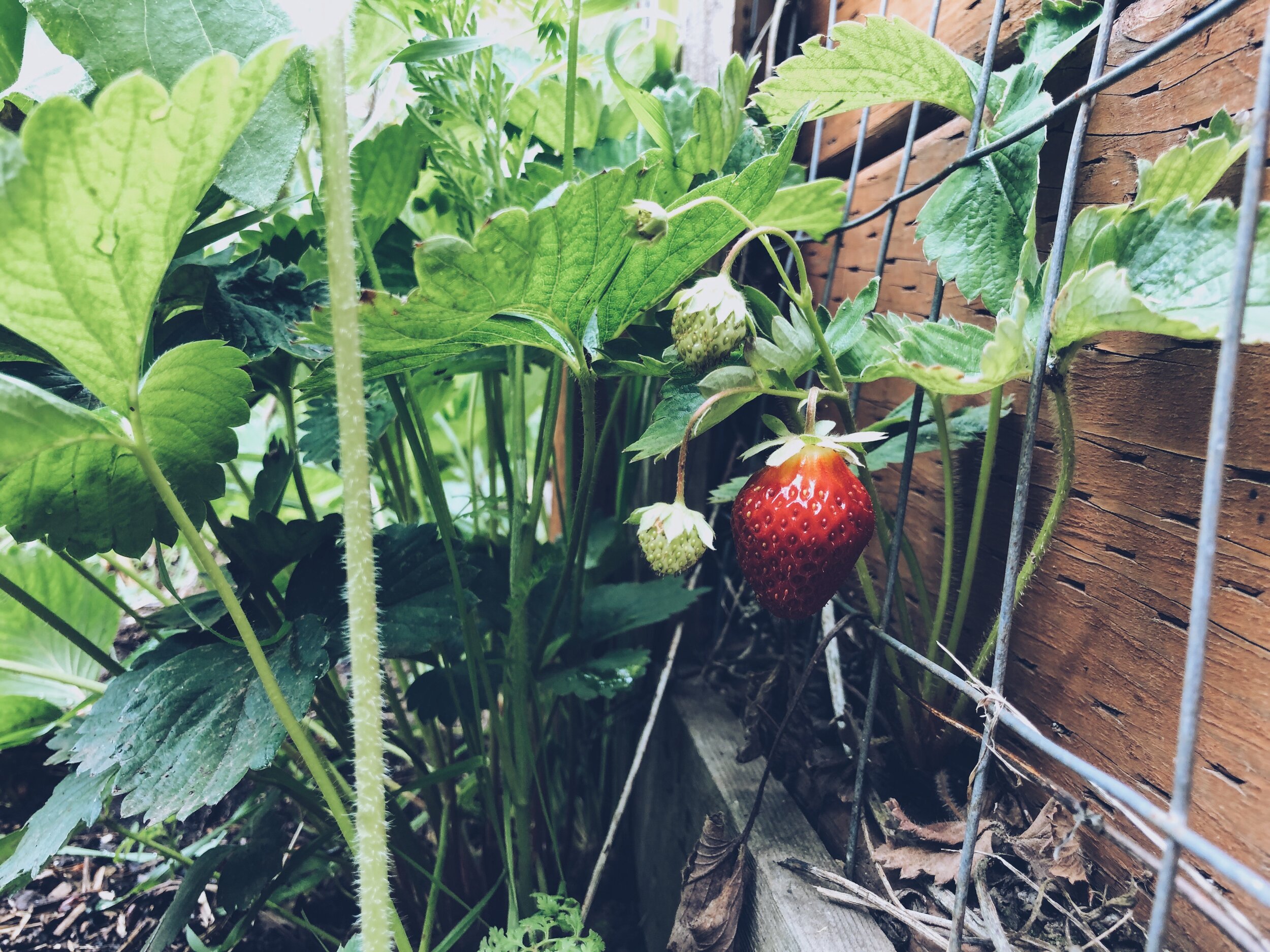March, second week :: 2021
/Journalists say they learn by fire how to write quickly and to deadline. I haven’t mastered that skill yet, but I realize if I’m going to keep posting while I’m in school I’m going to have to abandon my hours-long post-writing and light a fire under myself. From now on I’m pretending these posts are written with J. Jonah Jameson lurking over my shoulder shouting “We ain’t got all day, kid!”
Mark and I were able to get away last weekend for a few days at our favorite beach town. It felt crazy to be away from home, checking into a hotel. (Did we really use to do those things semi-regularly?) It was part of a business trip, so I had one day all to myself. I walked in the rain, bought multiple fancy coffees, indulged in a pastry, and ate it back in the hotel room in bed reading the Winter issue of Orion magazine. It was glorious.
Being alone for a few hours in a new setting was the gift I needed before my energy gets pulled into new tasks and new learning. I was able to connect some ideas that had been coming up and realized my intuition has been gently leading me deeper into my Simplicity Practice. I capitalized the letters because that’s how my mind showed it to me this weekend: as a commitment I should be centering around. Moving forward, I am going to be continually asking myself the question, “Is this the simplest way?”
By “simplest”, I don’t necessarily mean easiest, although sometimes I will. Elisa Rathje wrote a lovely post about all the things simplicity can mean last week - a post that helped me realize that what’s confusing about an idea like “simple living” is that different situations may call for different types of simplicity. By this point in my life, I have a good sense of my overall values in most areas and should be able to apply my “Is this the simplest way” question appropriately to different situations. For instance, simplicity with food is not about price and time for me, but rather, naturally simple and holistic systems. Thus, I purchase much of our food from local farmers who use sustainable practices. This requires more driving and more time but supports a broader ecological simplicity I want to see in the world. And it also simplifies our menus because I am cooking with what is at hand rather than sourcing elaborate ingredients for specialized recipes. (During the week it’s often just a grain, a bean, and whatever veggies are available.) Another situation will have a different response. That kind of elasticity in approach should help me in addressing daily needs.
Goodness, the time goes fast. My imaginary editor is yelling in my ear that it’s almost time to move on, so I’ll wrap this up. Btw, I would love to hear your insights on approaching simplicity as an intentional practice (or any other comments!) <3
A few things to share from this week:
~ Ryan Holiday’s list of 100 (Short) Rules for a Better Life - I have barely scratched the surface with this list, but #20 has prompted me to strap on my foraging basket and bring a sharpened stick on my walks at least once a week from now on.
~ The very first of the wild greens are popping up packed full of energy and life and I’m delighted. Every morning I’m picking a few dandelion leaves and anything else that looks edible (and probably like a weed), throwing them in the blender with some kale, an orange, and a bit of ginger, and making myself a tiny wild green smoothie to start the day. I can’t wait for chickweed, cleavers, nettle, and plantain to show up. <3
~ This honest Twitter thread from Audrey Assad. “There are only curiosities…there is only presence…there is only gratitude. And those are the things I practice. Curiosity and presence and gratitude are my prayer life. In pain and bliss and everything in between. Whatever or whoever God is, I am still in love.”
~ A list of writing resources from the lovely Holly Wren Spaulding. (Her classes are so good!)
Until next week, my friends. <3
tonia
P.S. The rewrites are taking so much longer than I expected but I want to make sure that I put out a book I’m proud of. I’m sorry it’s taking so long but know I am working hard and I feel really good about the writing and the story so far. Thanks for hanging in there!


















